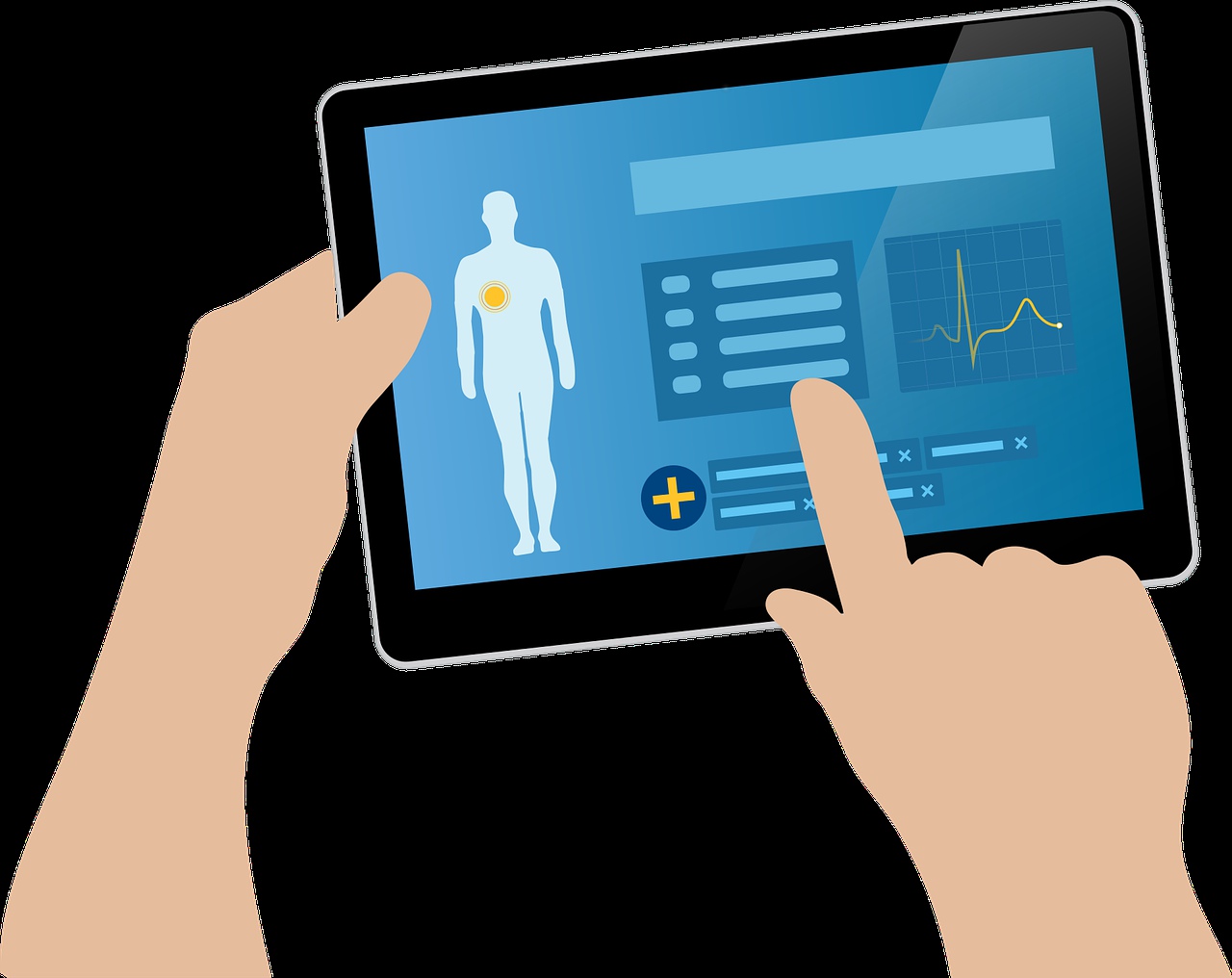
@ShahidNShah


There’s no denying that data analytics is very important in healthcare, but what some people don’t realize is that you can’t just produce these analytics from already-existing data. How good your data analytics turns out to be is directly reflected in the quality of the data you insert.
A good IT strategy can have a big part in developing superior care management programs that won’t have any gaps and can improve coordination across providers.
To improve operational efficiency in the medical field, healthcare providers need to find a way to reduce their input while still increasing the number of the product and its quality. There are four different ways this can be achieved, and it’s best to incorporate all four.
By using certain analytics tools, healthcare providers will be able to evaluate real-time risks for every transaction and then act accordingly based on risk assessment results.
Continue reading at techengage.com
As healthcare organizations move patient care into the cloud, they need to modernize their Identity and Access Management (IAM) programs to manage identity and access-related security risks. Here’s an …
Connecting innovation decision makers to authoritative information, institutions, people and insights.
Medigy accurately delivers healthcare and technology information, news and insight from around the world.
Medigy surfaces the world's best crowdsourced health tech offerings with social interactions and peer reviews.
© 2025 Netspective Foundation, Inc. All Rights Reserved.
Built on Apr 29, 2025 at 12:52pm